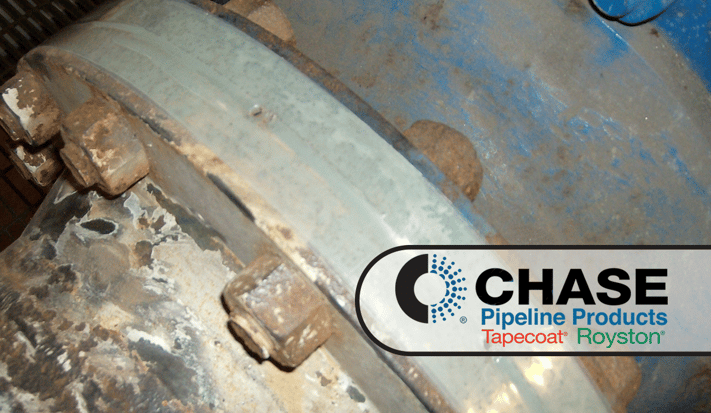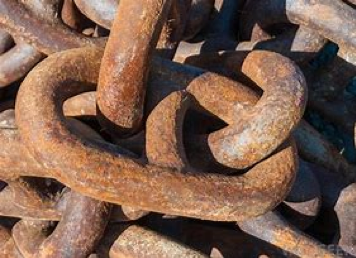Why Are We Worried About Corrosion?

Rust, or specifically, corrosion, is a major problem in industrialized countries. A report by NACE International estimates it costs the US economy $276 billion per year. Any material made of metal will corrode at some point and, depending on the environment, can corrode at a rapid pace. Bridges, structural steel, pipelines, ships, cars and a host of other metal products can rust/corrode. Even stainless steel, developed to resist corrosion, can corrode in the right type of environment.
What causes corrosion anyway?
The basics of corrosion are straightforward, although they can come in a variety of ways. Commonly, corrosion involves the presence of oxygen or sulfites on exposed metal surfaces. The oxygen or sulfite can cause the metal to erode through an electro-chemical process.
We all know about corrosion in our day-to-day lives because it is present nearly everywhere, especially in climates with consistent amounts of rain or proximity to salty bodies of water. Items such as household tools, shovels, scratched-off paint areas on cars, chains (see photo) and even doorknobs are ideal places for corrosion.

Image: Typical Corrosion on Metal Chain
How do we protect against corrosion?
Metal surfaces can be protected in a variety of ways. The most common perhaps is paint. But protection can also involve galvanizing surfaces. In addition, some applications employ sacrificial anodes to “move” the corrosion to different or more “desirable,” less critical locations. Oil and gas pipelines typically utilize sacrificial anodes to protect pipelines by diverting the corrosive reaction to an anode attached to the pipeline.
What about oil and gas pipelines (and water pipelines)?
North America has one of the largest networks of oil and gas pipelines in the world, located both above and below ground. These pipelines encounter a variety of environmental conditions such as water, salts, temperature fluctuations, and other factors. Failure of an oil and gas pipeline can be catastrophic. At the very least, it could result in a leak needing repair. In the worst cause, it could lead to an explosion resulting in loss of life and property and leading to millions of dollars in damages.
As a result of this risk, oil and gas companies make use of several methods to protect against corrosion. These treatments focus on eliminating or reducing contact with oxygen and salts by applying surface treatments or coatings to the pipes.
Related article: 9 Questions to Ask When Selecting the Proper Protective Coating for Your Pipeline
Which coatings are used?
Pipeline companies use a variety of coatings to protect metallic pipelines from corrosion. There is even an increasing trend toward coating plastic pipes, especially in smaller diameter sizes. Different companies use different types of coatings to protect their pipes, based on performance requirements and their own personal preferences and experiences.
Why would they use tapes as protection?
The coating on a tape is the adhesive itself when the tape/adhesive is applied to the pipe, the adhesive acts as a protective coating. It is designed to adhere well to the pipe over long periods of time. The tape backing is also designed to protect the adhesive and allow it to perform its intended function. Other coatings utilize paints or epoxies and, in some cases, “sleeves,” which are heat-activated to adhere to the surface of the pipe.
Tapes are very easy to use.
If you’ve ever put tape on a hockey stick, baseball bat or lacrosse stick, you already know the basics of wrapping a pipeline. The tape goes around the pipe multiple times in a spiral direction. It actually “delivers” the adhesive to the surface of the pipe, effectively creating the protective coating. Imagine painting a stick over and over again instead of applying tape once and then not worrying about the stick the remainder of its lifetime?
Next time you’ve got a pipe to protect against corrosion, remember the easy solution: Wrap it with an anti-corrosion tape. Yes, they’ve been around for decades, which is a testament to their proven track record when properly specified and installed.







